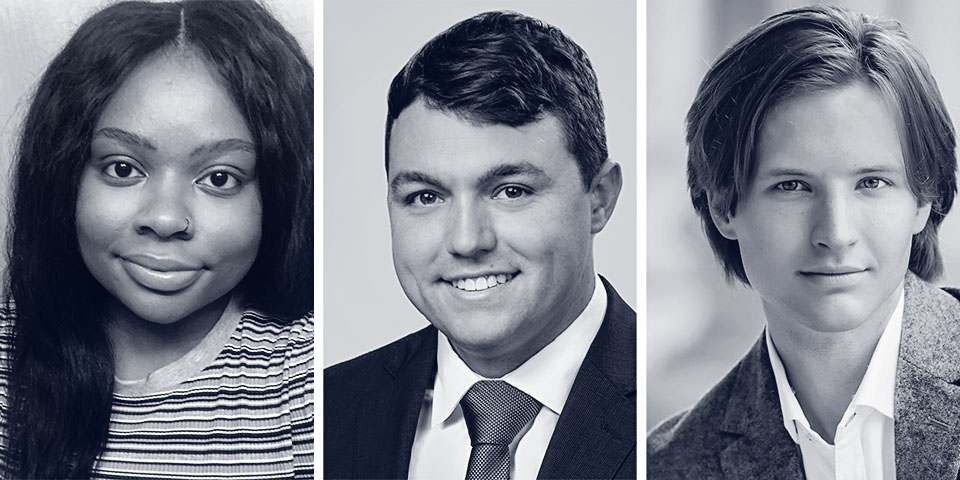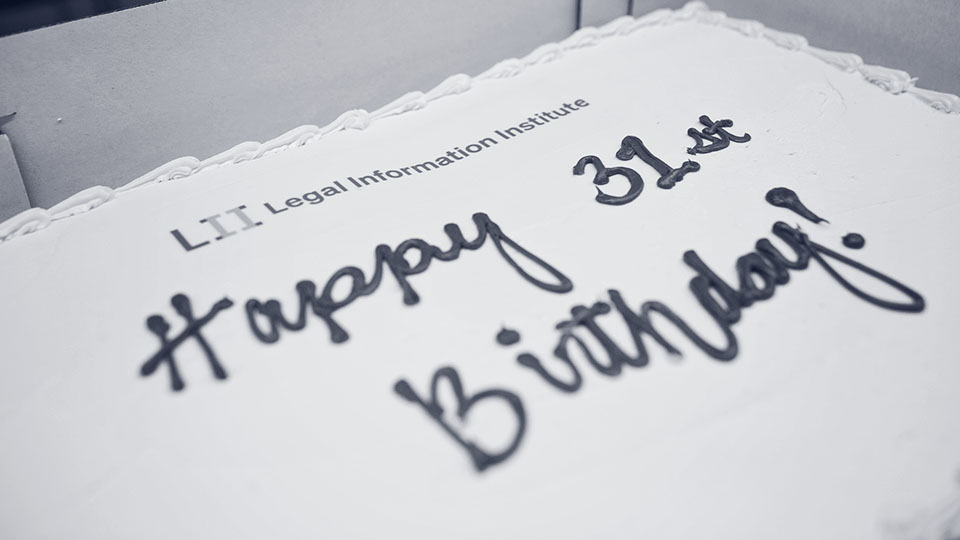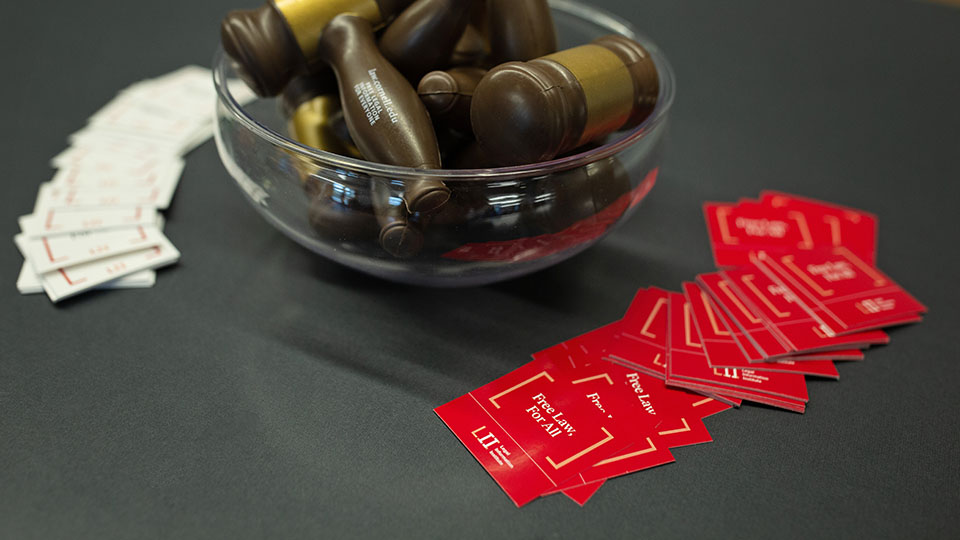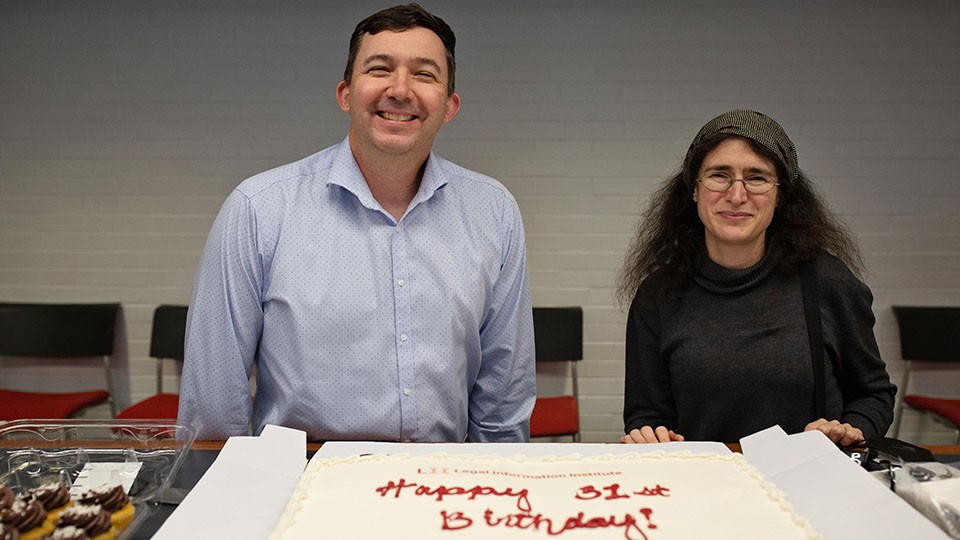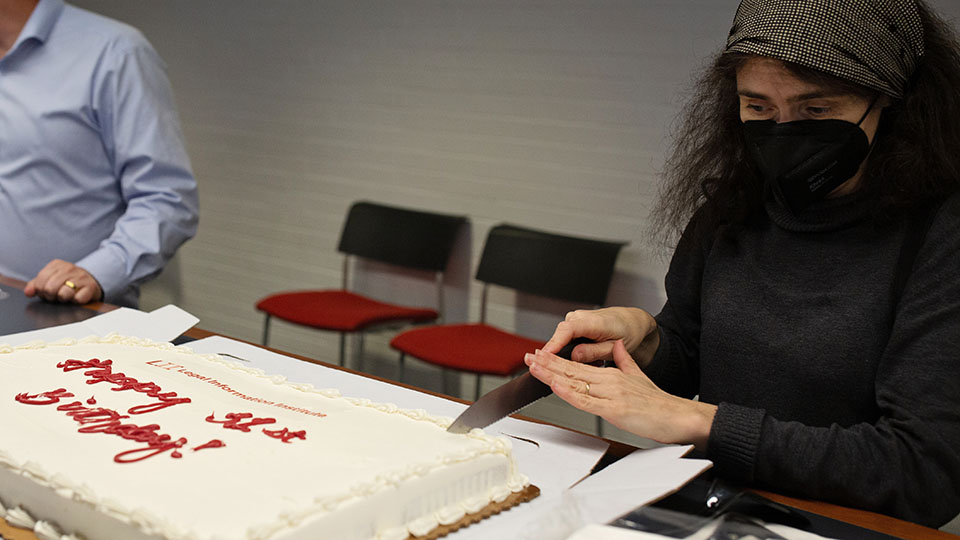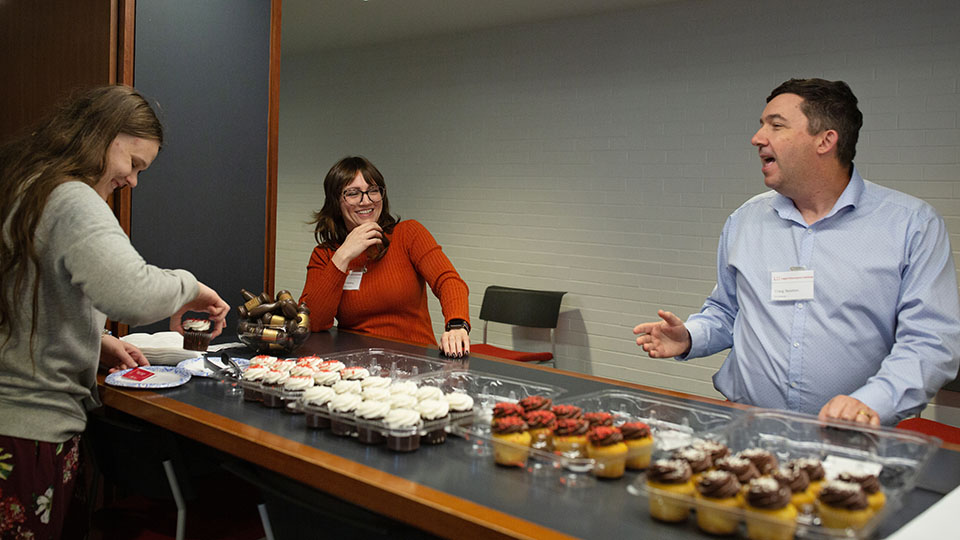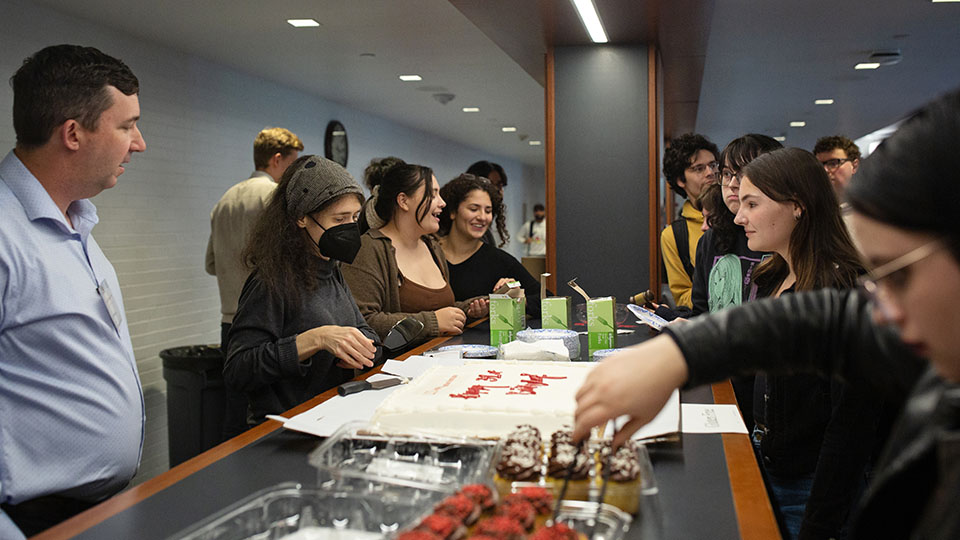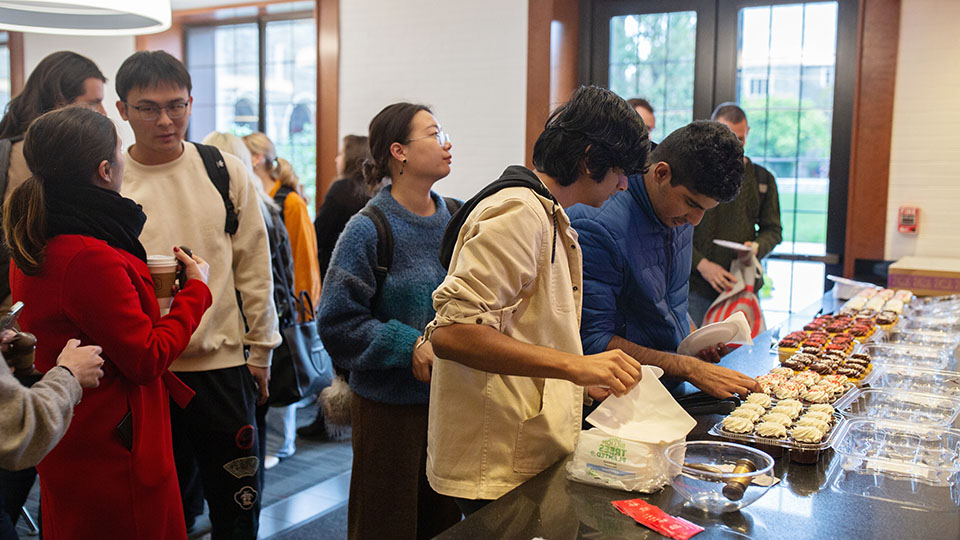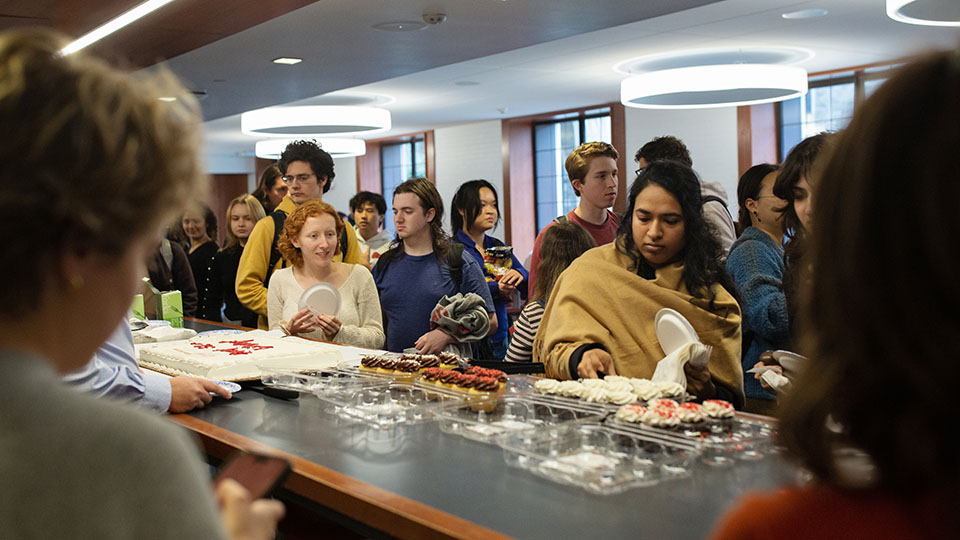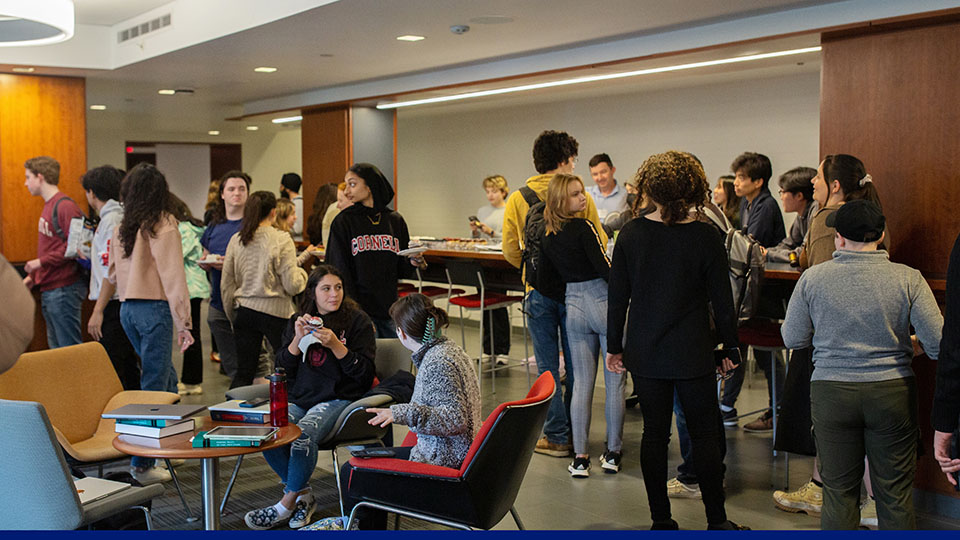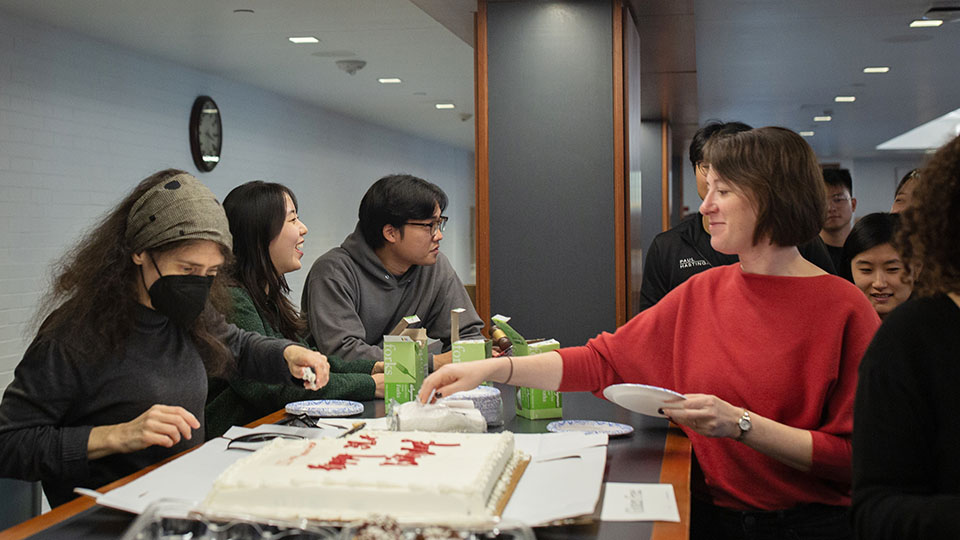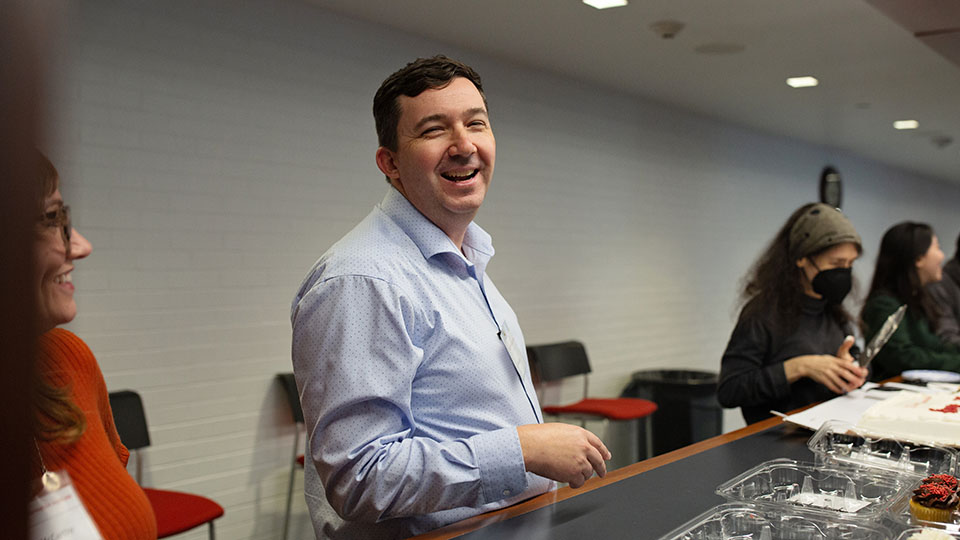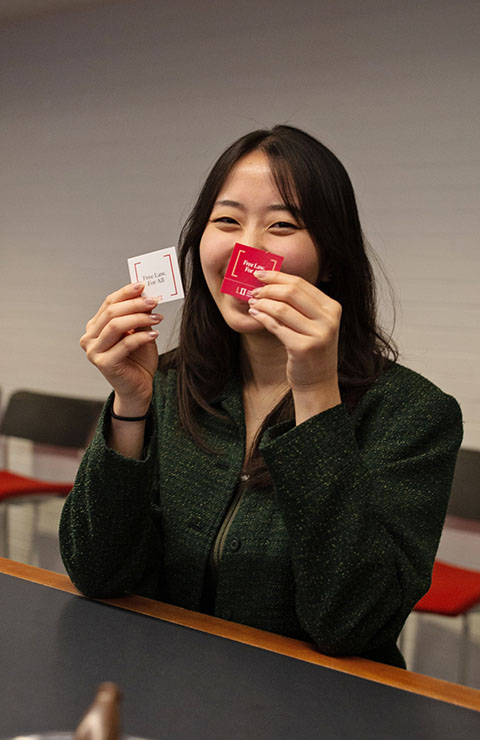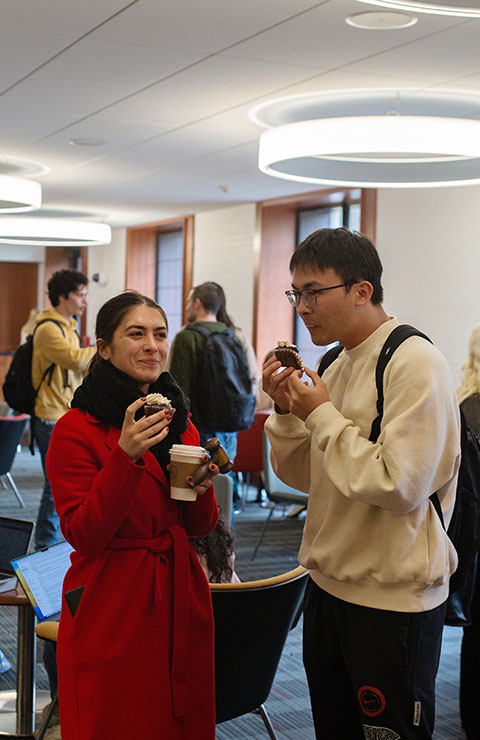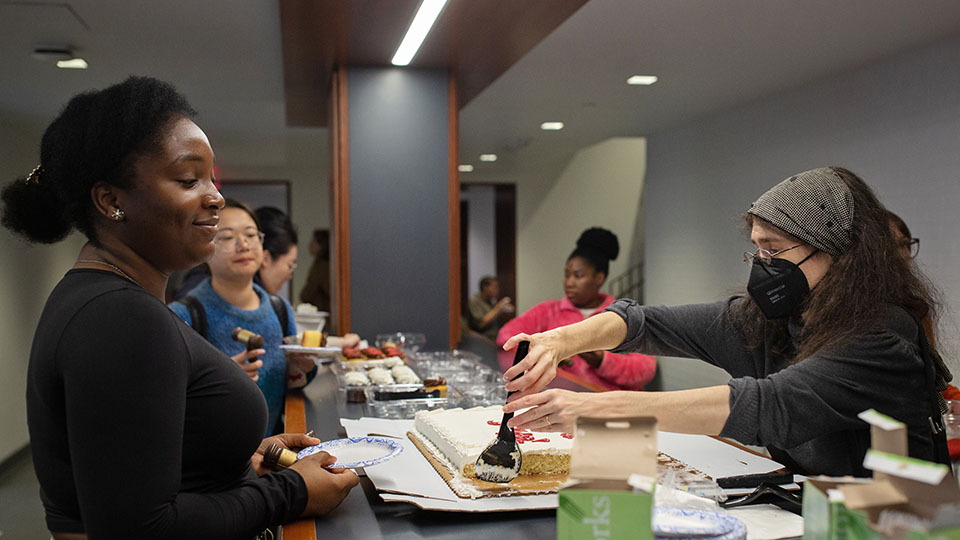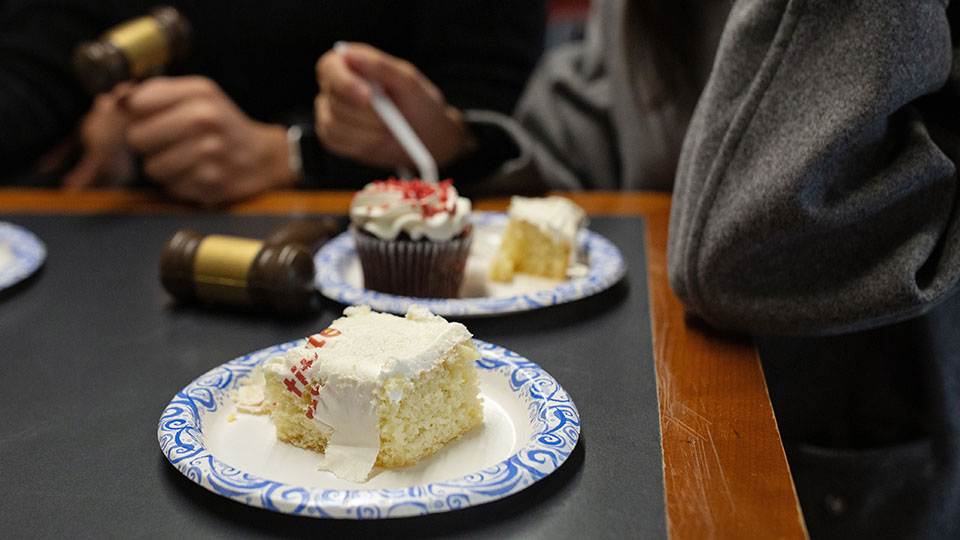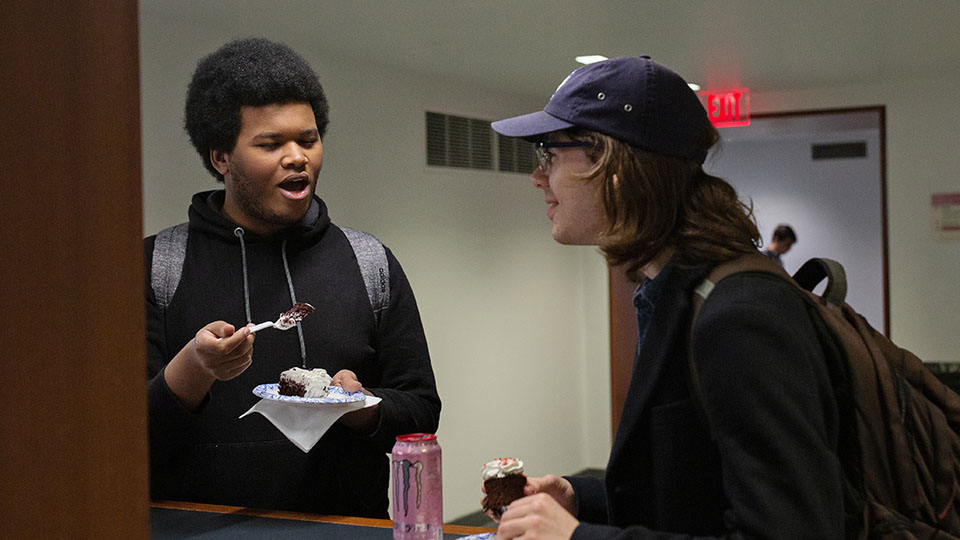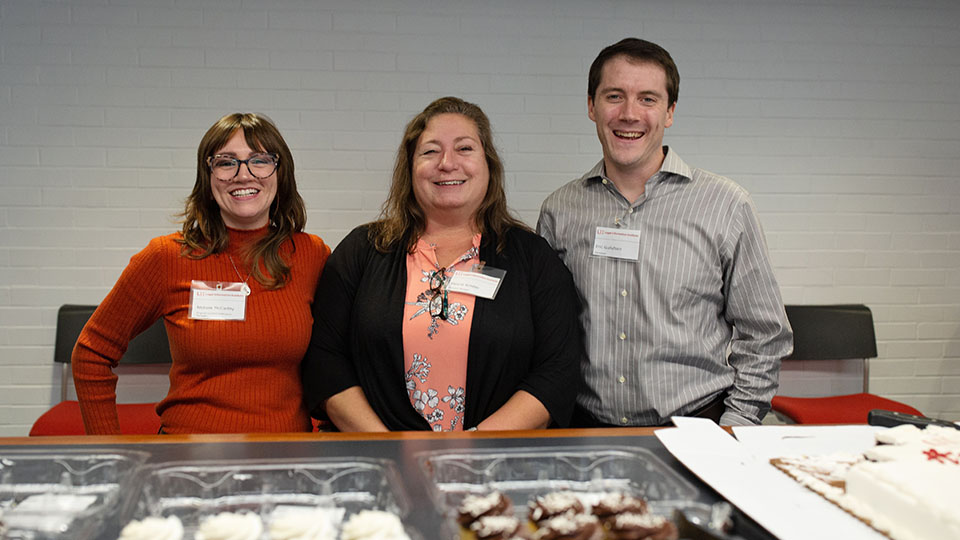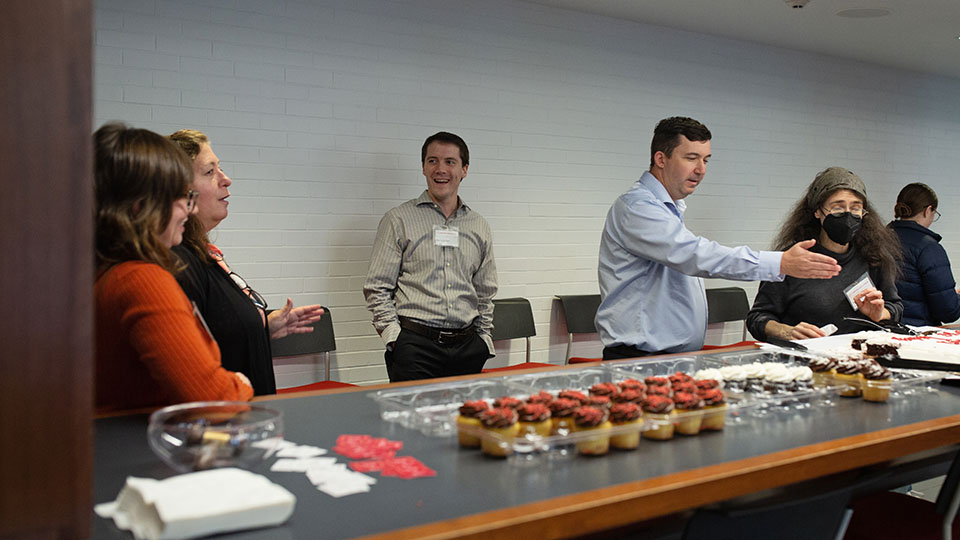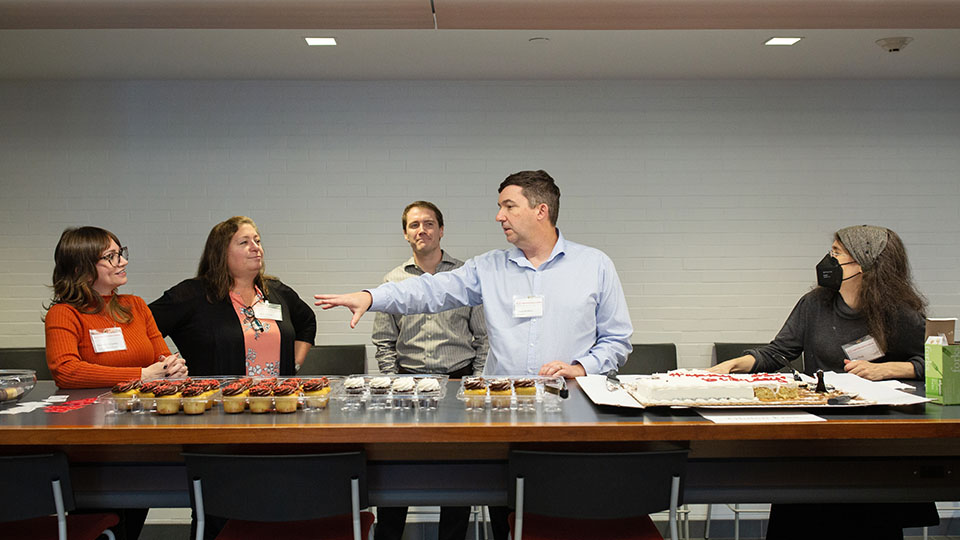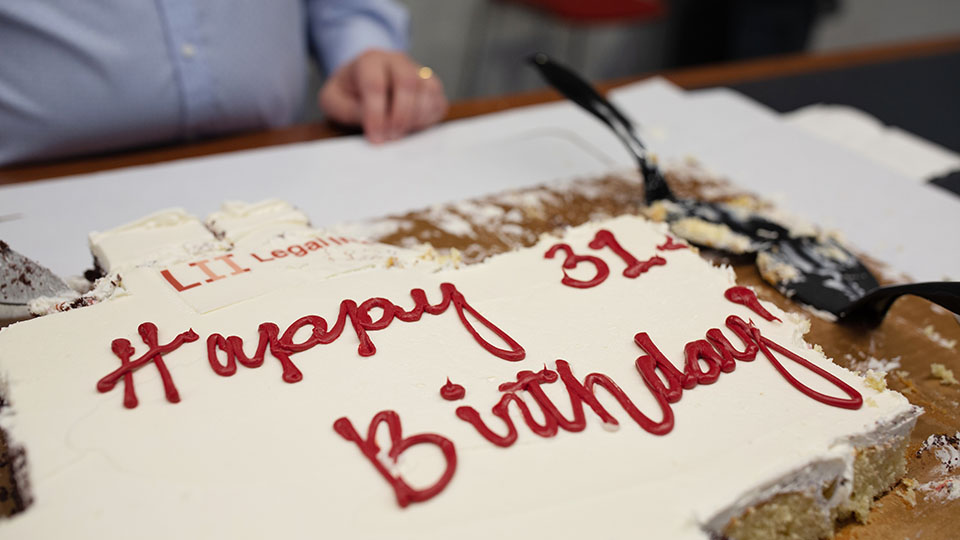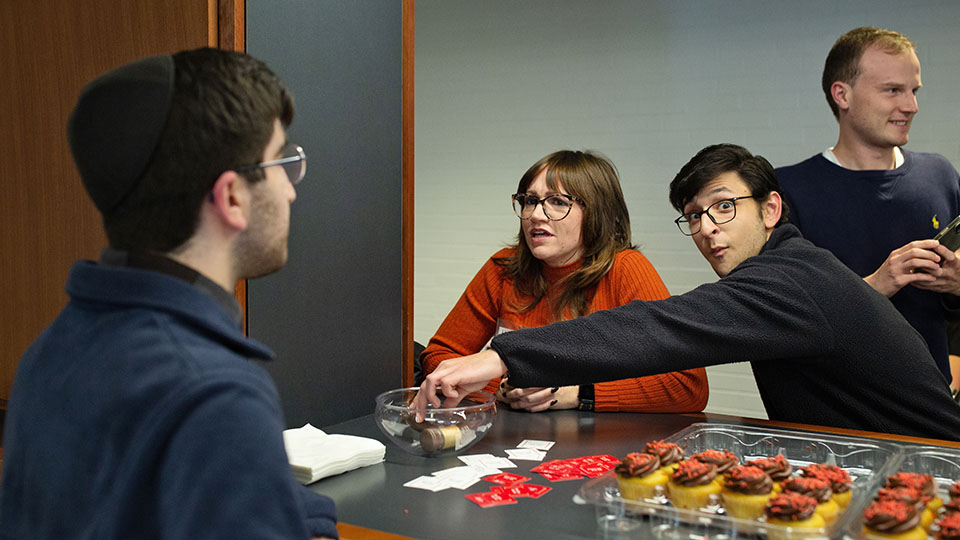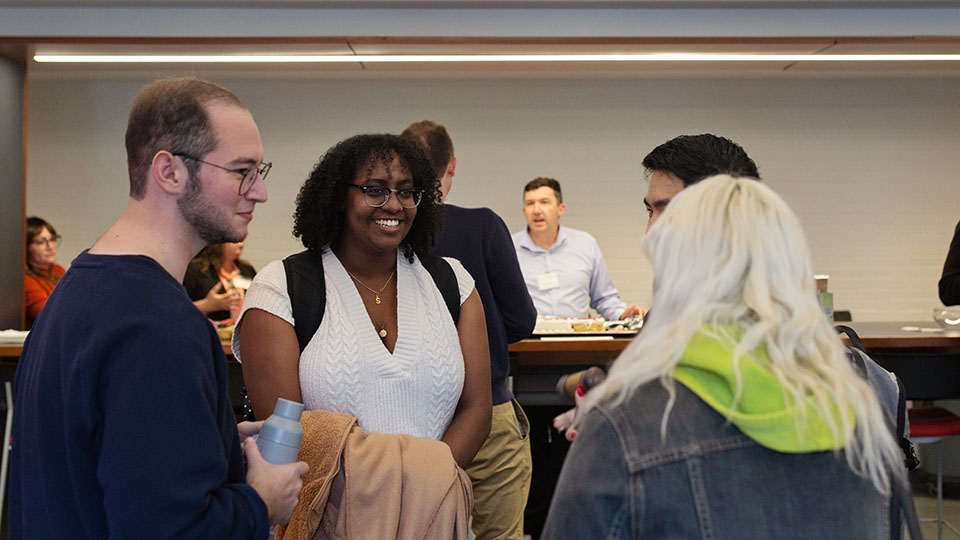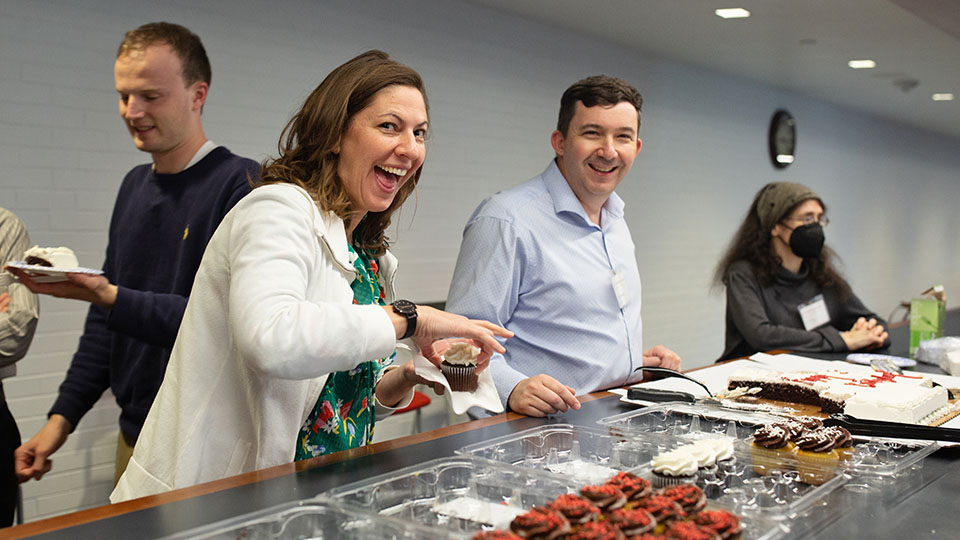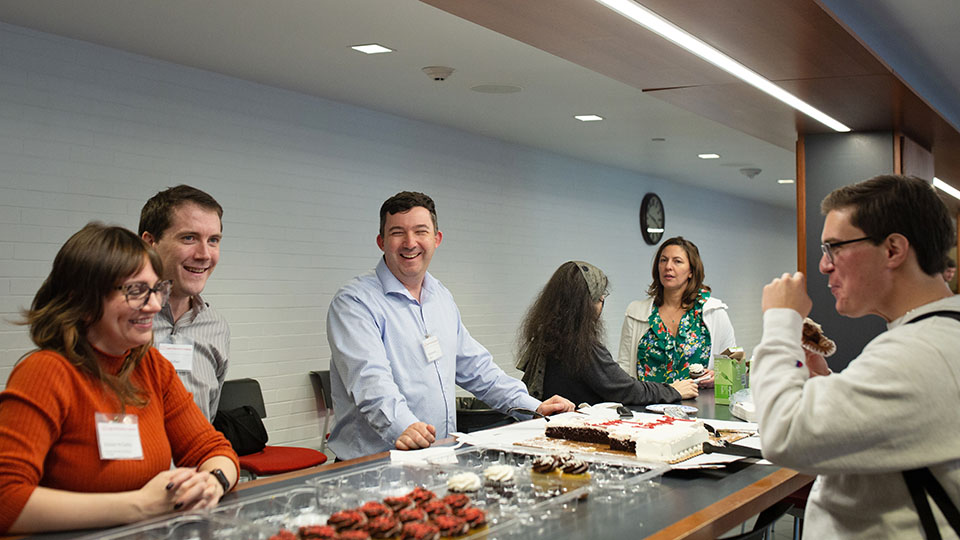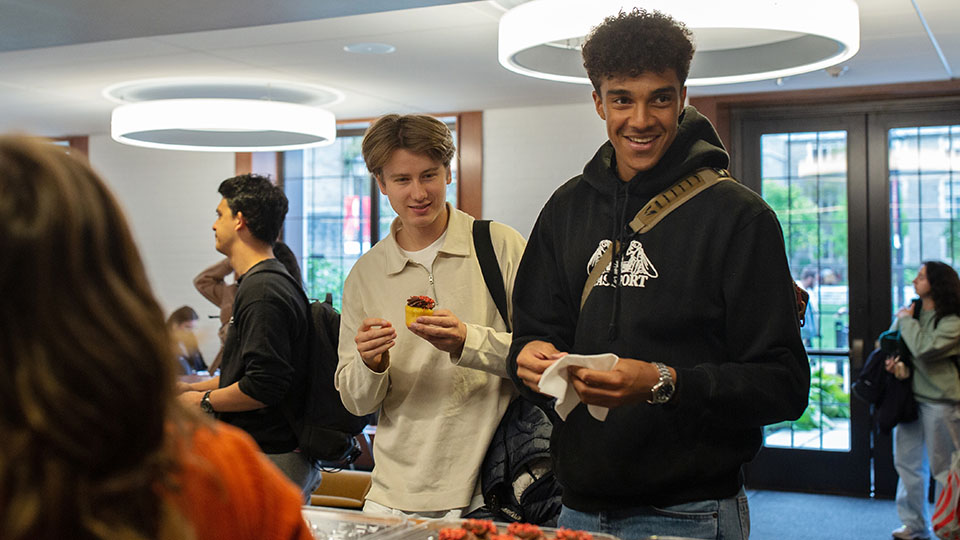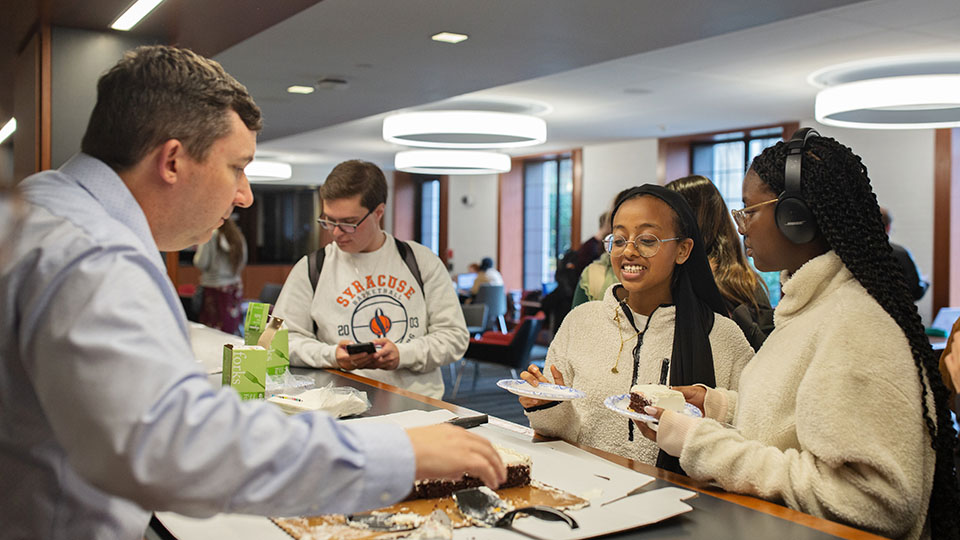Shout Out to Suffolk
From time to time, we feature others working in free law whom we admire. This time, we want to shine the spotlight on the wonderful work being done by our friends Quinten Steenhuis, David Colarusso, and their team at the Legal Innovation & Technology Lab at Suffolk Law School. (You might remember that we recently wrote about a conference they hosted.)
In addition to being a unique way to teach law students from all academic backgrounds to embrace (and improve) the technology they’ll encounter in law practice, the “LIT Lab” creates impactful legal tech in its own right, such as this software for assembling court forms in Massachusetts and this software, which is an experiment in extracting legal issues from a plain-language description of a problem.
Quinten and David are well-known to the LII team. In fact, we’ve known Quinten, the Lab’s Practitioner in Residence, since he was a student at Cornell Law School in the Aughts. Since then, he’s accumulated many accolades for his work at the intersection of public interest law and legal technology, including being named a finalist in the “A2J [access to justice]: Individual” Category for the 2023 American Legal Technology Awards and earning a place on the 2023 Fastcase 50. He blogs at nonprofittechy.com.
We haven’t known David Colarusso, who directs the LIT Lab, quite as long as we’ve known Quentin, but his contributions to the future or legal tech are no less impressive. A long time “legal hacker” in the best sense, David’s name appears on pretty much every list of important legal tech movers and shakers, including the Fastcase 50 (2016), and the ABA Journal’s “Legal Rebels” and “Best Law Tweeters.” David was also a finalist for this year’s 2023 American Legal Technology Awards, earning a nomination in the “Education” category. His website, davidcolarusso.com, features his work not only as an educator and a coder, but also as an attorney, an scientist, a writer, and even a maker of furniture!
We’re proud to know Quinten, David, and the entire LIT Lab team. We hope you’ll join us in admiring their work and cheering them on as they produce not only their own software but, perhaps more importantly, the next generation of lawyers who are educated and empowered to leverage technology to improve access to justice.

